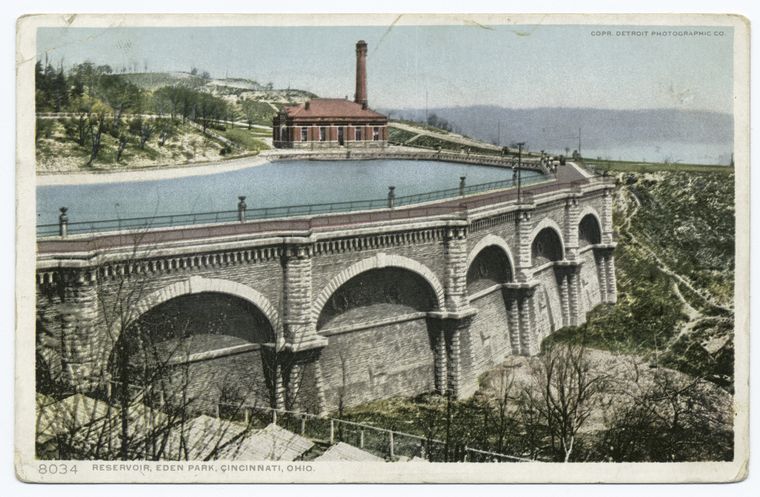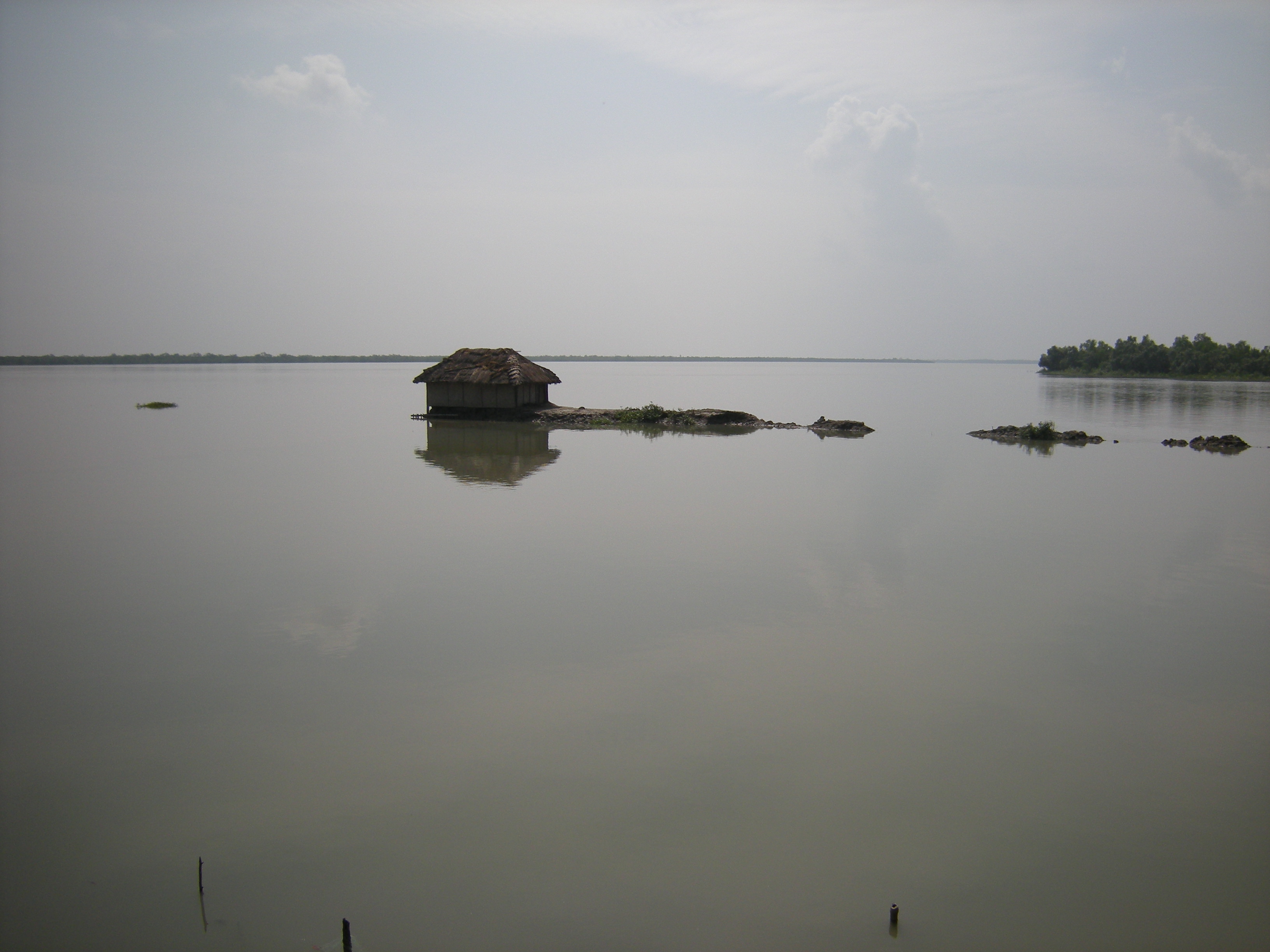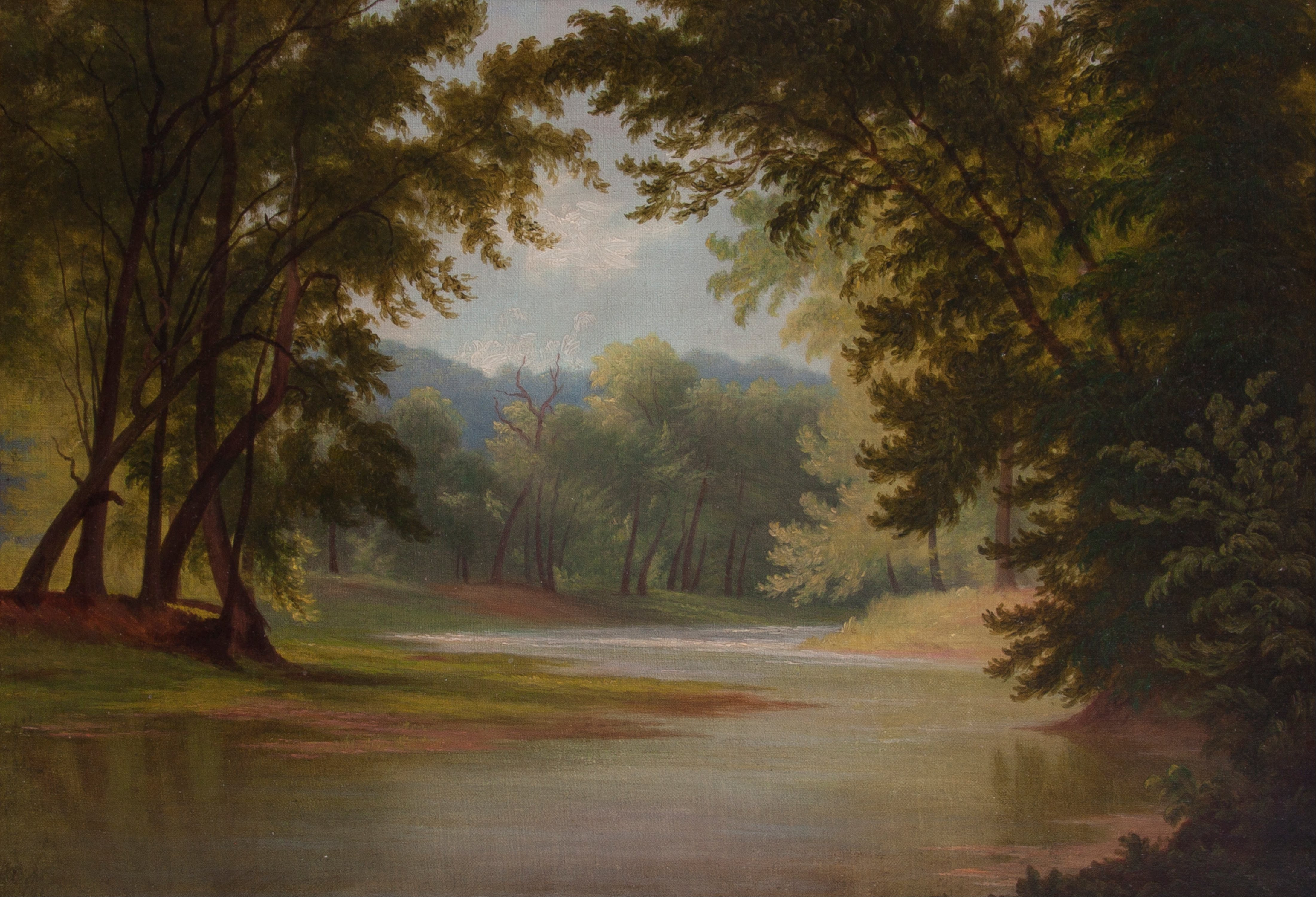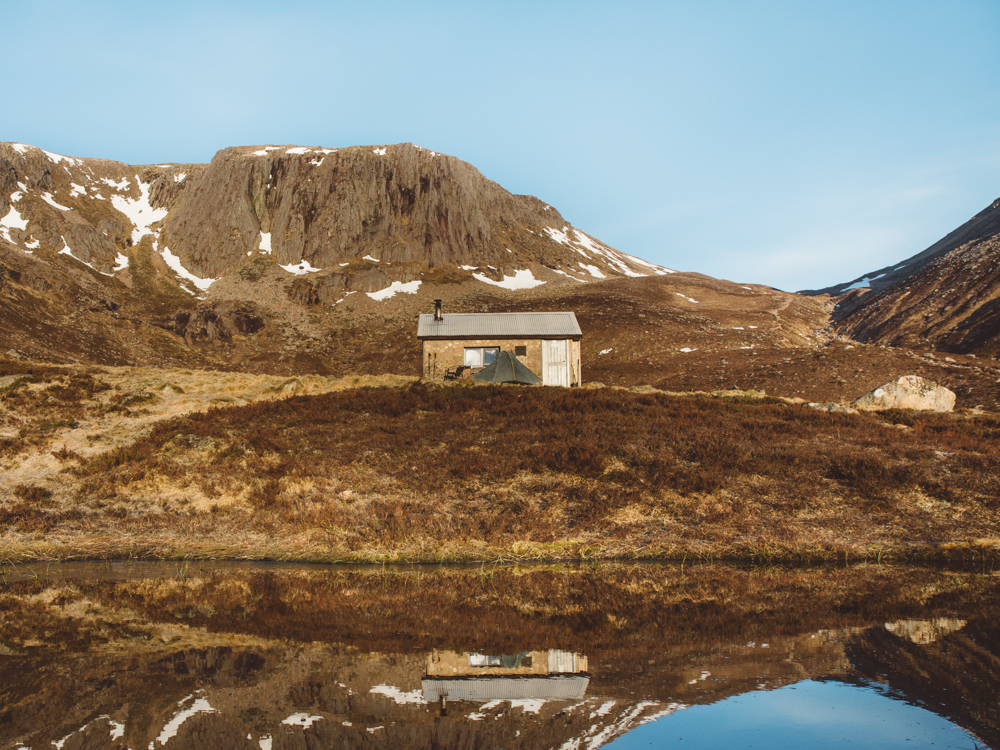Imaginings
stories, creative nonfiction, poetry, and other imaginative accounts of the natural world
-
The Anglophone Dilemma in the Environmental Humanities

By Dan Finch-Race & Katie Ritson: Transnational discussions of the climate crisis generally use English as a primary language to facilitate direct communication among a high number of stakeholders. The primacy of English is clear for the likes of the Intergovernmental Panel on Climate Change (“version complète disponible en anglais seulement,” the French list of…
-
Photographs of Turgoyak: Exploring Spiritual Awareness and Eco-resistance

Guest author Francesc Bellaubi is a senior researcher at South Urals State University and is currently collaborating with the chair of environmental ethics from the University of Alcalá de Henares, Spain. He has a background in environmental geology and engineering and experience in providing technical assistance to development agencies, NGOs, research institutes, and civil organizations, with special
-
Popularizing Climate Change and the Challenge of Multiple Narratives

By Roberta Biasillo This blog piece is inspired by Harald Lesch’s talk “Science, Society, Signs” at the RCC Lunchtime Colloquium. It focuses on the potential and limits of graphic representations of climate change-related phenomena, interpretations, and understandings. (*Featured image: Peel, M. C., Finlayson, B. L., and McMahon, T. A. (University of Melbourne). Enhanced, modified, and
-
Eden Park: The Birth of an Iconic Midwestern Municipal Park

*Featured image: Eden Park reservoir, Cincinnati, Ohio. Image courtesy of The New York Public Library. Guest post by Kathleen Smythe As you walk into Eden Park, one of the first things you encounter is the remains of a double basin reservoir—its walls more often than not being scaled by recreational climbers. The reservoir was removed
-
Fixing a Nation’s Plumbing II: What We Choose to Ignore

by Vikas Lakhani This is the second post about India’s National River Linking Project. Read the first part here. As has been clear in the previous post, I see several fundamental objections to the NRLP. First and foremost, environmentalists have rightly raised serious concerns about the ecological consequences of this grand scheme. They argue that
-
Fixing a Nation’s Plumbing I: India’s National River Linking Project

by Vikas Lakhani In 1946, British colonialists launched a grand scheme to cultivate groundnuts in the uninhabitable parts of Tanganyika, a former colony that corresponds to the mainland part of today’s United Republic of Tanzania. Under the leadership of the agronomist John Wakefield, the scheme—named the “Wakefield mission”—was driven by the desperation to overcome the
-
Path Dependency: Layers of History along the Mill Creek

Guest Post by Kathleen Smythe Kathleen Smythe is a professor in the Department of History at Xavier University, Cincinnati. In this post, she offers a fascinating glimpse into the history of Mill Creek, engaging with the historical, social, economic, and ecological meanings behind the idea of a watershed. This forms the basis of her course
-
From Herders to Hikers, the Shifting Lives of Scottish Bothies

This piece was originally published by Edge Effects and is reposted here with kind permission. All photographs are courtesy of the author. By Jonas Stuck When I was 20 years old, I heard about huts in northern England and Scotland called bothies. I didn’t even know how to pronounce the name, let alone how to find
-
Saturday Morning’s Politics of Seeing

Nancy Jacobs, Professor of History at Brown University, Rhode Island (USA), provides a rich and personal account of practicing interdisciplinary research. On a field trip to uncover knowledge and beliefs about the African grey parrot in Cameroon, Nancy worked together with her brother (an experienced birder) and her field assistant (an ornithologist), gaining deep insights…